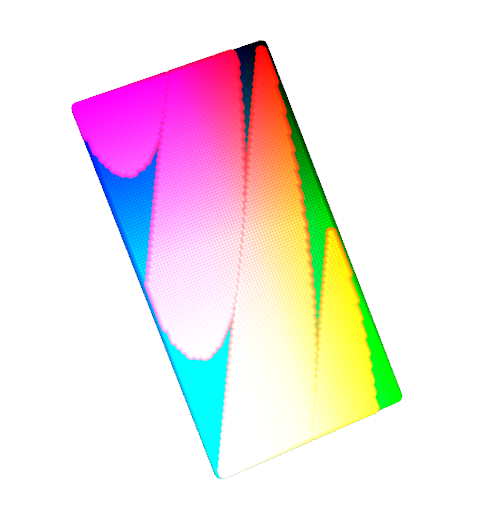|
Size: 2550
Comment:
|
Size: 2550
Comment:
|
| Deletions are marked like this. | Additions are marked like this. |
| Line 22: | Line 22: |
| BOTH the tutorial in .pdf format and the data needed for the tutorial in a .zip file are provided in the page linked below: |
|
| Line 24: | Line 26: |
| * Data needed for the User's Guide up to 06/2012 [[http://blake.grid.bcm.edu/wikifiles/SPT/e2spt_data.zip|e2spt_data.zip]] |
EMAN2 TUTORIALS
Beginners (introductory tutorials)
Please note that we are continuously developing and updating the tutorials. Items that are greyed out are planned but the tutorials have not yet been completed. Most tutorials include the necessary data. If you have a request for a particular tutorial please feel free to email sludtke@bcm.edu.
Single particle analysis (SPA) - 2D particles
EMAN1 to EMAN2 Transition Guide - Also with useful quickstart guides for users of other software
Tutorial from the 2011 EMAN2 workshop (Data on same page) - Based on EMAN2.01. Full single particle reconstruction tutorial
Tilt Validation tutorial from the Oxford 2012 mini-workshop - Requires EMAN 2.05+
Random Conical Tilt Tutorial - Requires EMAN 2.05+
Obsolete tutorials still provided for data access, etc.
Single particle reconstruction tutorial from 2008 Workshop ( - Full tutorial on single particle reconstruction using the workflow (uses Workshop demo data DVD)
Single particle tomography (SPT) - 3D particles
BOTH the tutorial in .pdf format and the data needed for the tutorial in a .zip file are provided in the page linked below:
EMAN2 Workshop 2010 and NUS Workshop 2012, Single particle tomography - Requires EMAN 2.05+
2D assessment of heterogeneity
Full tutorial on 2-D analysis for assessment of structural heterogeneity and population dynamics (under construction)
Adding an e2program to the program manger workflow
Advanced (EMAN2 through the ''e2.py'' Python prompt)
* Generate and display an EMAN2 test image
* Rotate, translate, scale or mirror an image
* Add and multiply images, add and multiply by constants
* Convert a real/imaginary image into an amplitude/phase image and vice versa
* Iterate through the pixels of an image
* Make a projection of a 3D model, project through the asymmetric unit

